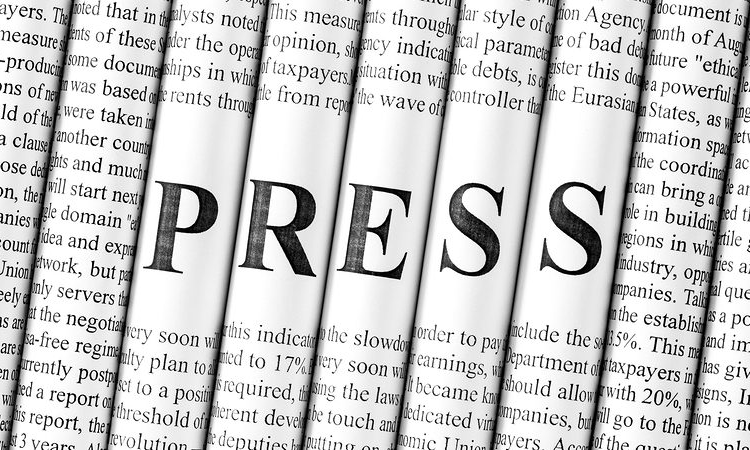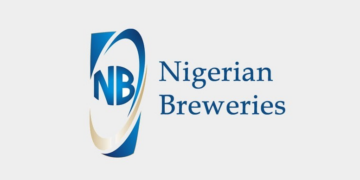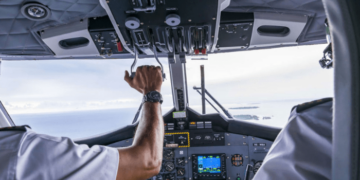Stakeholders in the country have reiterated that Nigeria needs freedom of the press for good governance.
They spoke in Abuja yesterday at a two- day workshop with the theme; “The Impact of Safe Journalism and Gender Equality on Democratic Governance in Nigeria.”
The workshop was organised by the Nigerian National Commission for UNESCO (NATCOM-UNESCO), under the Federal Ministry of Education, in collaboration with UNESCO Regional Office, Abuja.
In his opening remarks, the permanent secretary, Federal Ministry of Education, Mr Andrew David Adejo lamented that safety of journalists is seriously threatened all over the world as UNESCO’s data showed more than 700 journalists and media workers have been killed in the last 10 years.
Adejo who was represented by the director, Educational, Planning, Research and Development Department, Federal Ministry of Education, Mr Adeoye Adeleye
said impunity for crimes against the media fuels and perpetuates the cycle of violence, which further deprives the society of information and affects press freedom.
“It directly impacts the United Nations’ human rights-based efforts to promote peace, security, and sustainable development.
“This security concern is particularly affecting women journalists who face the double burden of being attacked, both for being journalists and being women.
“I must mention that Nigeria media is indeed facing myriads of challenges in fulfilling its functions as the watchdog of the society. Instances of gender inequality are also clearly visible within the media industry as female journalists continue to face significant barriers to safety, support and career progression.
“At this peculiar time in the history of the nation, freedom of press operations is essential to democratic constructiveness and good governance as all aspects of good governance are facilitated by the existence of a strong, pluralistic and independent media within the society,” he added.
On her part, Nuhu Yachat, the head Communication and information, UNESCO Regional Office, Abuja said despite its role in holding the government accountable and amplifying the voice of the marginalized, journalists face increasing challenges and threats, often risking their lives to report the truth.
“At its core, democracy thrives on the principles of inclusivity, transparency, and accountability. It is through the free flow of information, a vibrant media landscape, and gender equality that these principles can be safeguarded and nurtured. Journalism plays a vital role in this process, serving as the bedrock of democratic societies.
“In recent years, we have witnessed the power of journalism in holding governments accountable, exposing corruption, and amplifying the voices of marginalized communities.”
She urged participants to actively engage in the discussions, share their knowledge, experiences, and perspectives.
The secretary-general, National Commission for UNESCO (NATCOM-UNESCO), Mr. Olagunju Idowu commended journalists for being the light and making Nigeria’s face to shine.
Also, the national president of the Nigeria Union of Journalists (NUJ), Comrade Chris Isiguzo, said media is a crucial agent of the society but journalists are facing many issues, adding that the violence against media is endangering press freedom and democratic process.’











